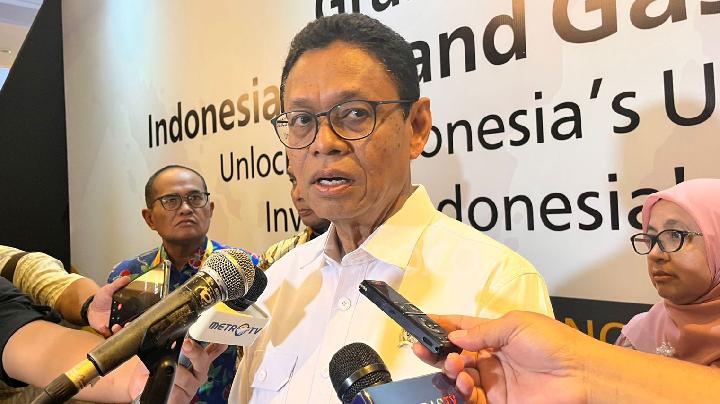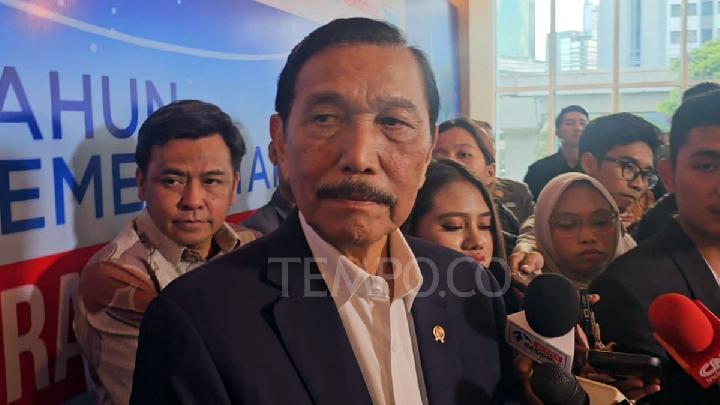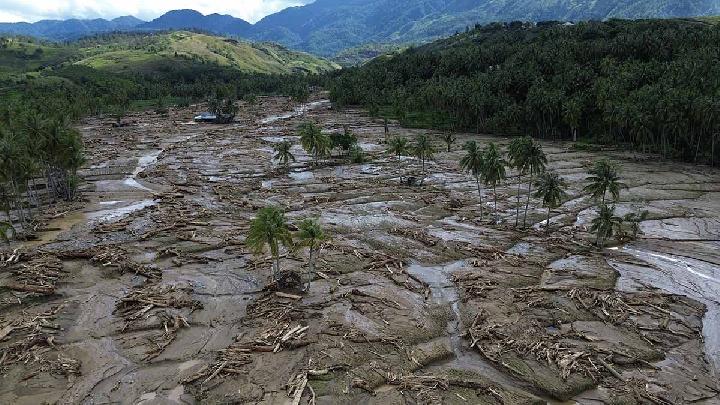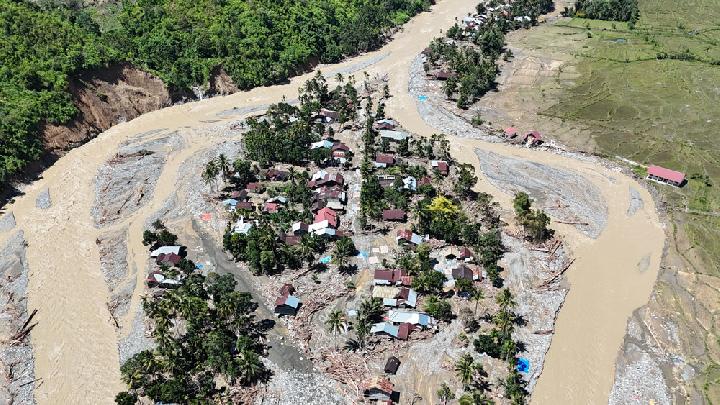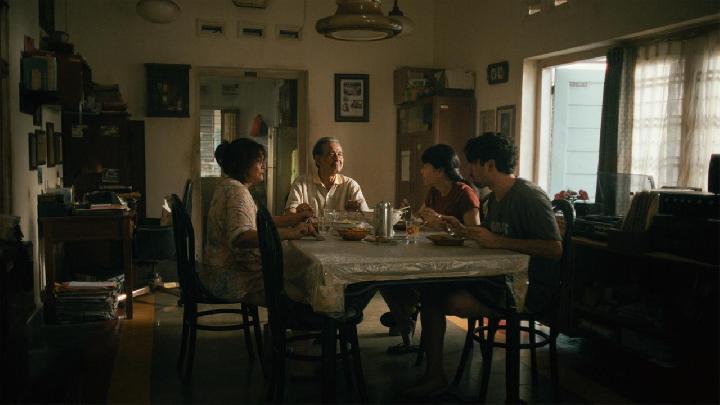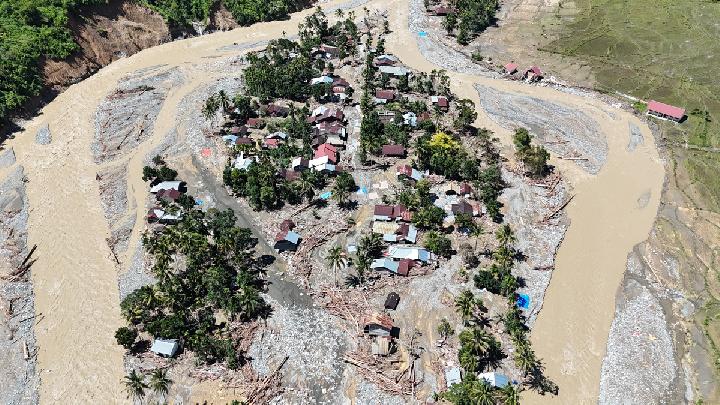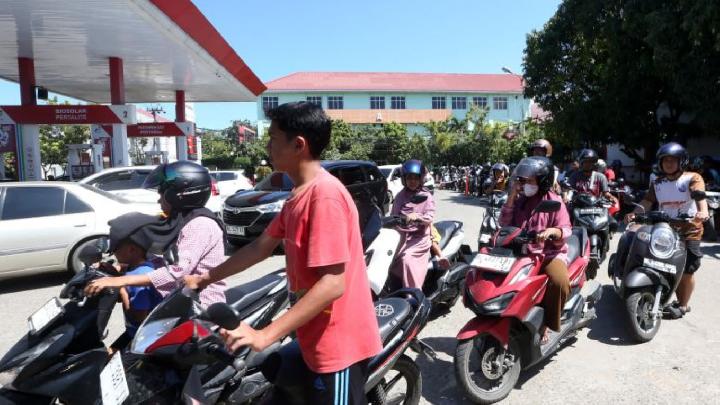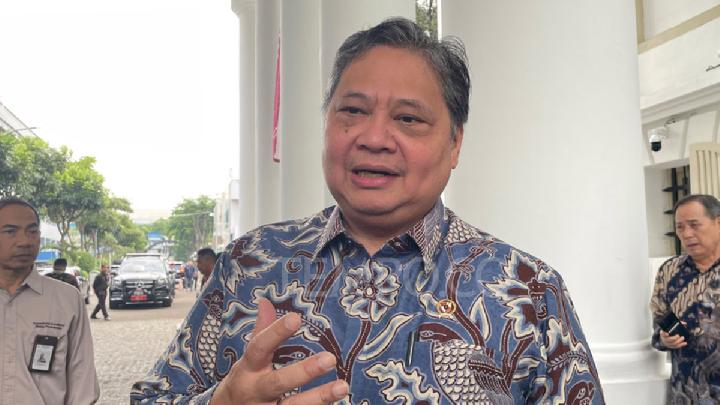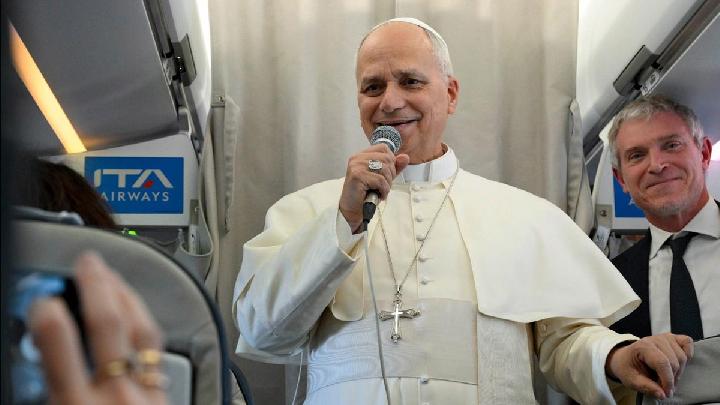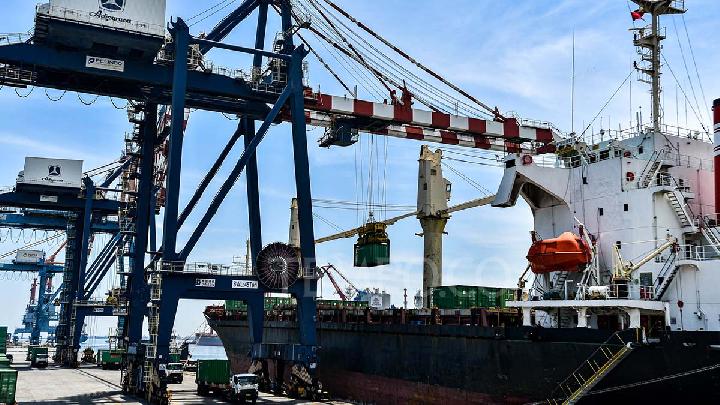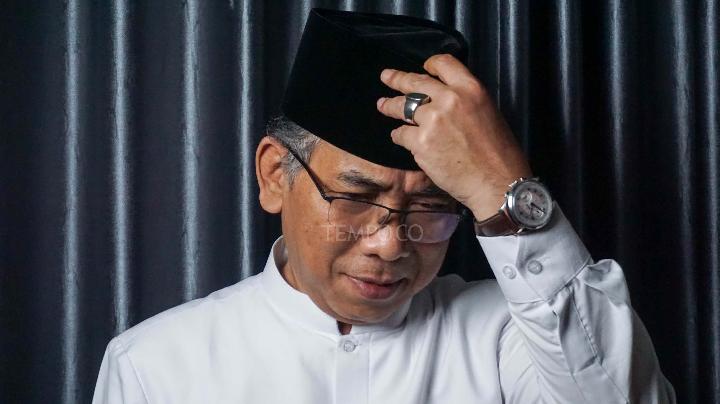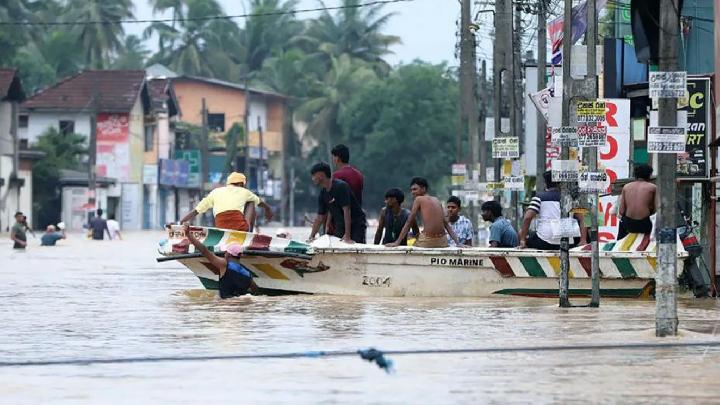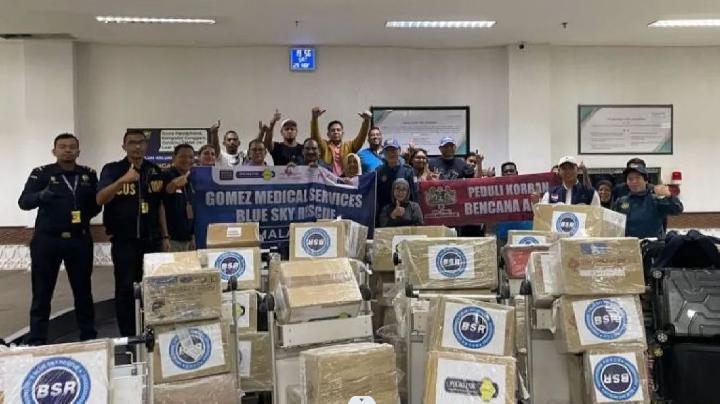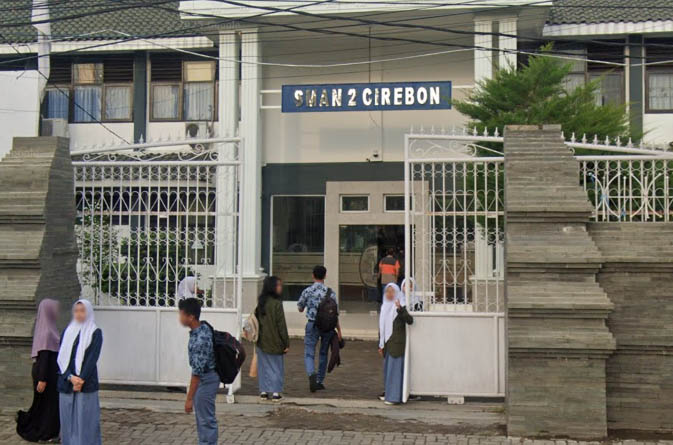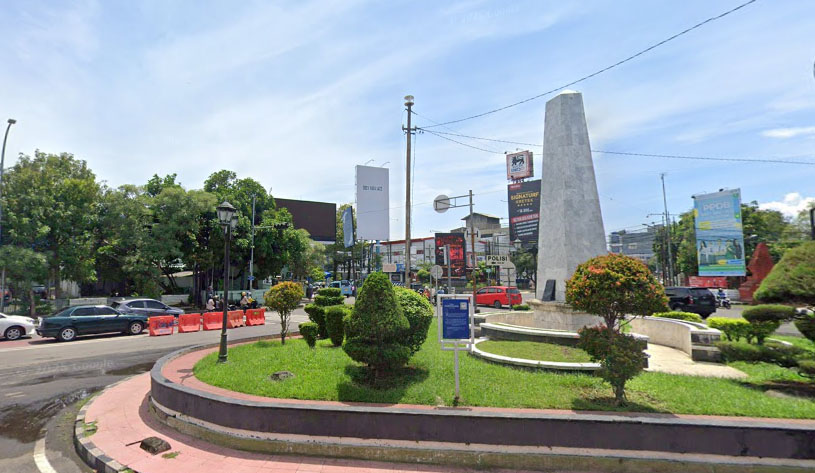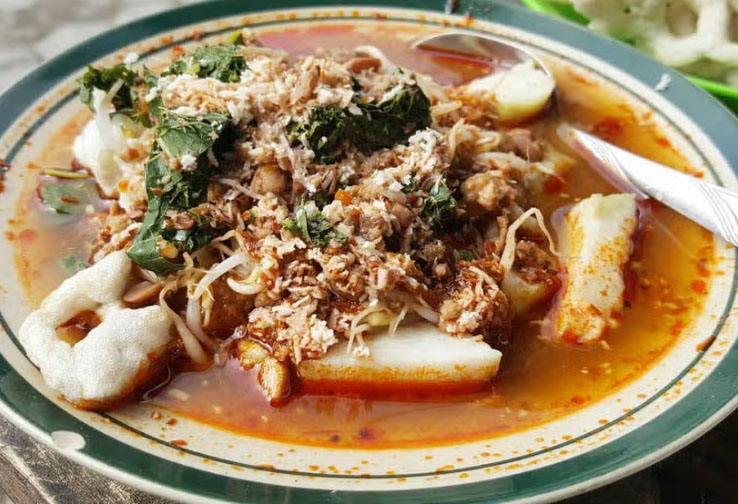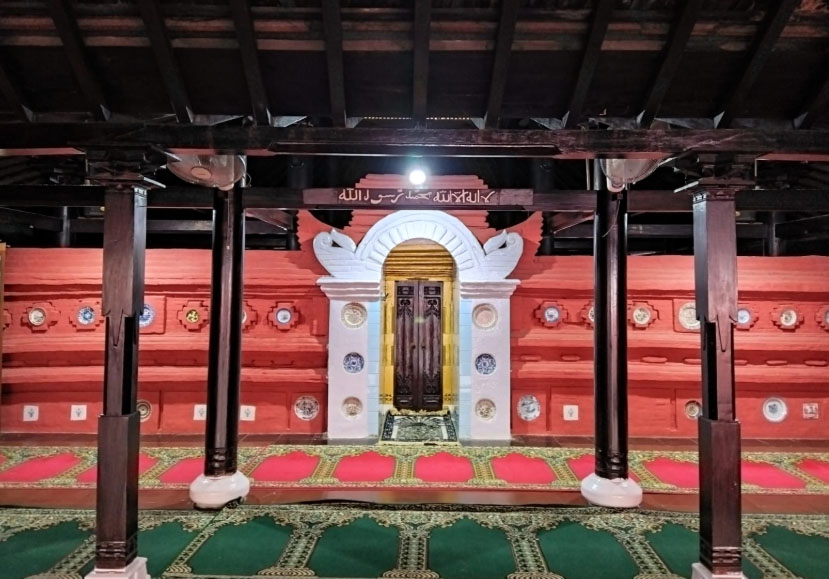August 19, 2025 | 04:09 pm
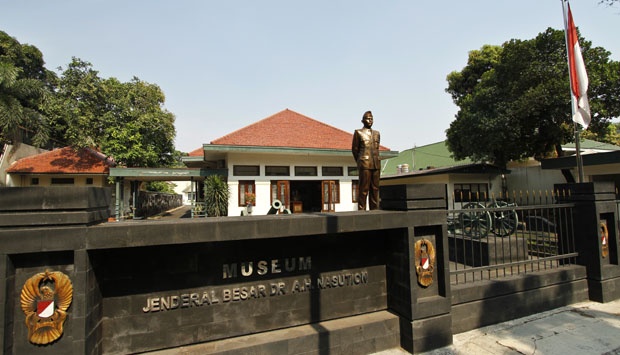
TEMPO.CO, Jakarta - Nasution’s ‘middle way’ was the origin of the military’s dual function. Now it has become a political tool of the government.
OF all the members of the military elite in the early days of independence, Abdul Haris Nasution was the key figure in shaping the military’s role in Indonesian politics. He was a founding father of guerrilla warfare. According to his doctrine, civilians and the military should fight side by side, with no separation between them. And it was this doctrine that was the starting point for Nasution to produce the ‘middle way’ concept in 1958.
The idea did not emerge out of thin air. The collapse of parliamentary democracy was one factor that led Nasution to redefine civil-military relations. Political instability as a result of frequent changes of cabinet prompted him to reconsider: the military should not only be an element of defense and security, but should also become a balancing force.
For Nasution, the military must not dominate politics, let alone seize power and launch an open coup, but neither should it be a passive instrument of the civil authorities. The key is political stability. Therefore, he positioned the military between the forces of defense, security, and social politics. The army, in Nasution’s thinking, should play an active role in helping civilians to develop the economy.
The concept of the middle way emerged after Nasution restructured the Army. As its top commander, he wanted the military to become a professional organization by sending officers to study overseas. In the early days, Nasution spent more time on internal consolidation. He did not see himself as a tool of the government. But he did not want the military to be isolated from politics.
It is not surprising that Harold Crouch, in The Army and Politics in Indonesia, wrote that Nasution was more than simply a soldier. He was also an organizer and a thinker. He influenced Indonesian politics in the establishment of doctrines and organizations and the involvement of the military as a balancing force between the political parties, the Sukarno government, and the armed forces.
But 80 years after this republic became independent, the concept of the middle way, which opened the way for the military to become involved in civilian affairs, has become a problem. Now, militarism is once again gaining in strength and becoming a tool of the political regime in power.
History records that the military gained more freedom to participate in politics and business after Nasution came up with his middle way concept. Since the Guided Democracy era, the military has been involved in the government bureaucracy, has played a role in determining policy and has influenced political and security stability. One example of its determining of foreign policy was during Indonesia’s confrontation with Malaysia. The army turned into a balancing force for the political parties, especially the Indonesian Communist Party.
According to Herbert Feith, this is also what encouraged the Army to intervene to prevent Dutch assets from being taken over by ‘leftist workers’ affiliated with the Indonesian Communist Party. With the support of President Sukarno, Nasution led the nationalization of Dutch companies. Active soldiers who did not have positions within the military began to occupy strategic jobs in these companies. And of course, these jobs came with many more ‘financial opportunities’ than posts in the military.
Nasution came to regret this. He lamented the fact that nationalization became a way for the military to become involved in business. And his regrets grew after he learned that Ibnu Sutowo, who had served under him in the Army, was involved in corruption at state oil company Pertamina. In the hands of Suharto, this middle way turned into the dual-function, one of the pillars of the New Order regime for three decades.
After fading away following the 1998 Reformasi movement, militarism resurfaced 27 years later. President Prabowo Subianto deployed troops to work on a number of projects, from the food estates to management of forest areas and assisting with the Red-and-White cooperatives. Like in the New Order era, a number of active military personnel occupy civilian positions in ministries and state-owned companies. The domination of the military weakens civil supremacy, one of the prerequisites for democracy.
In his memoir, Nasution warned that the military must become an instrument of the state, not of the ruler. Now the military has become a political tool of the government. His idea has been distorted by his own juniors.
Myanmar Junta Sets Elections for December 28 Despite Widespread Dissent
43 menit lalu

The Myanmar junta announces the elections amidst ongoing civil war and opposition boycott.
Israel Re-Intensifies Attacks on Gaza City, Civilian Casualties Mount
5 jam lalu
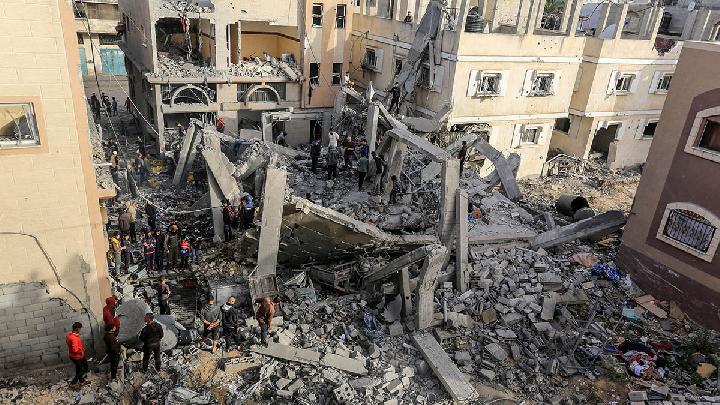
Israeli military has once again expanded its operation in Gaza City to take control of the last remaining population center in the Gaza Strip.
Setya Novanto Granted Parole, Political Rights Revoked Until 2031
1 hari lalu

Former House Speaker Setya Novanto was granted parole. He was sentenced to 15 years in prison for his conviction in the E-KTP corruption case.
Thailand PM Paetongtarn Shinawatra Court Ruling Set for August 29
3 hari lalu

The ruling for Thailand's Prime Minister Paetongtarn Shinawatra's removal will be announced on August 29, 2025 in a case of alleged ethics violation.
Israeli Military Chief Denied Entry to Defense Minister's Office Amid Rising Tensions
6 hari lalu
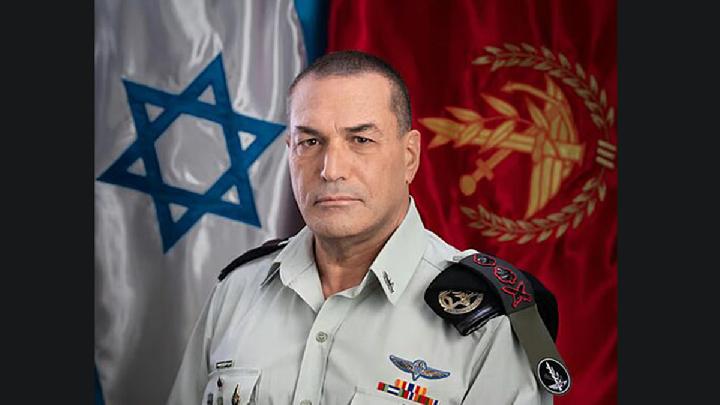
Lieutenant General Eyal Zamir was barred from the office of Defense Minister Israel Katz despite a scheduled meeting between them.
South Korea's Military Strength Plummets 20 Percent Due to Shrinking Population
8 hari lalu

The decline in active military personnel in South Korea over the past six years is due to the declining male population at military age.
Prabowo Talks Military Technology with Chinese General over Dinner
13 hari lalu
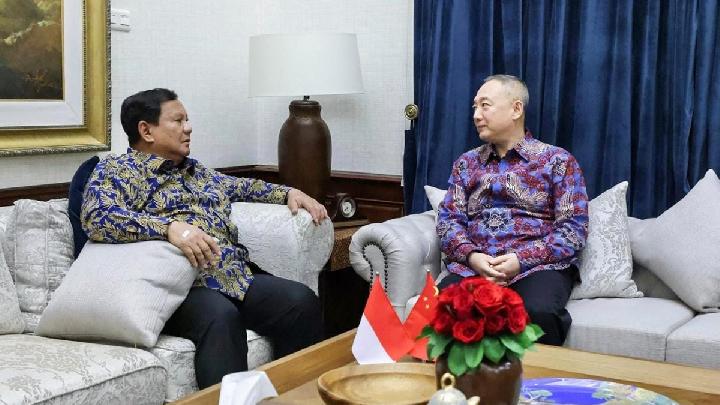
President Prabowo's meeting with General Xu Xieqiang discusses bolstering military technology and defense cooperation between Indonesia and China.
India, Philippines Hold First Joint Naval Patrol in Disputed South China Sea
14 hari lalu
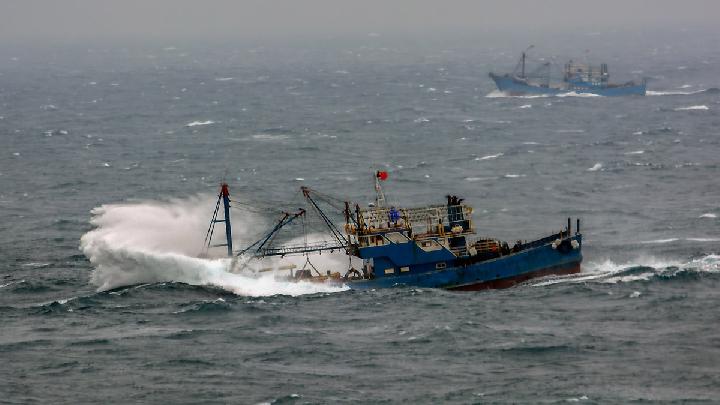
India and the Philippines conducted their first joint naval patrol in the South China Sea, triggering condemnation from China, which views the collaboration as disrupting regional stability.
Thailand Declines Cambodia's Demand to Repatriate 18 Soldiers
18 hari lalu
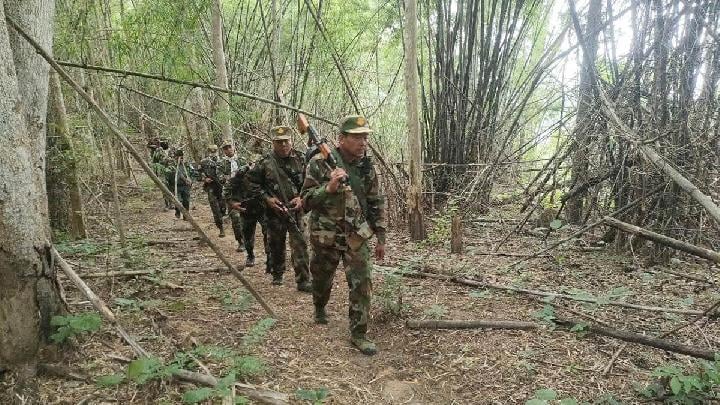
Thailand rejected the Cambodian PM's request to immediately repatriate the 18 soldiers who were detained for illegally entering the country.
Myanmar Junta Ends 4.5-Year State of Emergency, Plans Elections in December
18 hari lalu

Myanmar's military junta officially lifted the state of emergency on Thursday, July 31, 2025, ending over four years of emergency rule.

